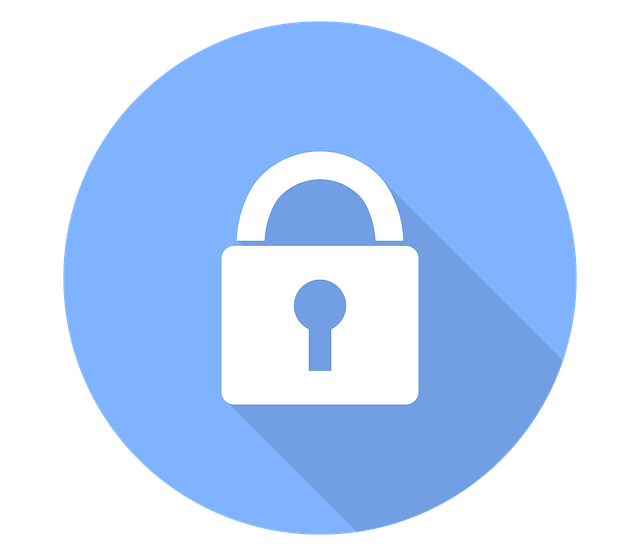Cybersecurity is the most important feature of an eCommerce business. Without that, the business and its customers are like an open window for cybersecurity threats. Cyber breaches impose increased vulnerability and cause considerable financial losses to businesses as well as individuals. The absence of an adequate cybersecurity protocol in a business process manifests endangerments such as payment fraud and loss of data.
As we dive deeper into the sea of digitization, the instances of cyber breaches too will escalate. The world is getting mobile and it is becoming a bigger challenge for smart phone makers and online vendors to safeguard their users from the vulnerabilities present in their system.
Big names including Ashley Madison, Sony, Home Depot, JP Morgan, eBay, and Amazon have reported major data breaches in recent years. If they aren’t safe, how will small businesses with limited capital be safe?
Facts at a Glance:
Did you know that there is a cyber security attack every 39 seconds? Did you also know that more than 95% of registered cases of cyber breaches are from eCommerce, retail, health care and government sectors – of which, 43% of all attempts are on small businesses only?
Importance of Multilayered Cybersecurity
- Helps build trust with customers
- Does not put a question mark on your reliability
- Secures your website and business
- Protects your business data and your customers’ private data
- Saves your website from downtimes
- Helps maintain brand image
- Helps avoid legal battles
So, how does a modern eCommerce business keep itself protected from hackers? How does an online retail store ensure that its confidential data doesn’t get into the hands of cyber-terrorists?
Minimum cybersecurity requirements for a business as suggested by The European Center for Technology are:
- Endpoint protection
- Firewall implementation
- Intrusion Detection and Prevention System
- Radius Server
- Encryption
Here are 5 best practices followed by the biggies in the eCommerce industry which small and emerging businesses can go with –
1. Implement a Multilayered Security Protocol
Prevention is better than a cure. This rule applies for all online businesses. An article on ecommercetime.com talks about why there is no cure for cyber insecurity.
The best you can do to save your business from breaches is to put in place an advance data security, anti-hacking protocol in your process. Do ensure that each step a user takes on your website – starting from the login/signup form to the contact form and payment page – has been protected by a multifaceted security protocol.
2. Monitor User Activities and Transaction
It is very important for webmasters to monitor the activities of users and page visitors. There should be an advanced mechanism that is secured from vulnerabilities.
It can be an increased security protocol for your ecommerce business, although you and your hosting vendor will have to work together to spot and bar suspicious user activities. You could also introduce an automated alarm system in your practice to prevent intrusions.
3. Address, Phone Number and Email Verification
Phone number and email verification are very common practices. Even a non-eCommerce business verifies phone numbers and email ids for new signup accounts.
However, for more secure credit card transactions, many large-cap eCommerce enterprises use an address verification tool that matches the billing address of the buyer with the address mentioned on his/her credit card. If the billing and card addresses don’t match, the tool will set off and block the transaction.
4. Password Dos & Don’ts
Cybercriminals work with purposefully developed software programs to generate random passwords and break into an environment or hack an account. Discourage your users from using short passwords. Instead, you should encourage them to go for longer passwords using a strong, unpredictable combination of letters in upper and lower cases, numbers and special characters.
And don’t forget to tell your users that longer passwords are safer for them.
5. SSL Certificate
Securing your website with a SLL certificate is one of the most common measures eCommerce businesses take. Secure Socket Layer (SLL) facilitates encryption and authentication on your website.
In addition to web and user data security, a SLL certificate plays a vital role in your search engine ranking. SLL certificate implementation on your online store is a great way to keep hackers at bay.
Furthermore, buying the right hosting plan is another norm for an emerging online business. Do make certain that your hosting service provider adheres to PCI compliance. Read PCI compliance guidelines here.
To sum up, here are a few additional tips to double the impact of your cybersecurity measures: Hire an experienced C-level executive with a background in cybersecurity to take care of your IT department. Cybersecurity should be the center of your strategies and decisions. Work with your Chief Technology Officer (CTO) to develop a rock-solid cybersecurity risk management model depending on your business requirements.





